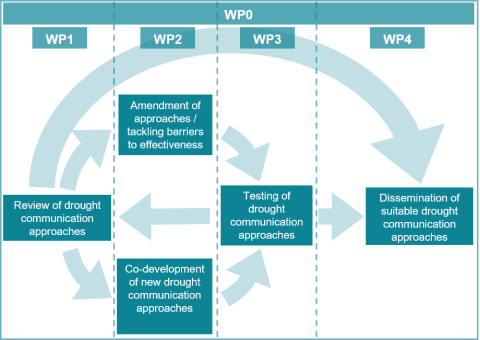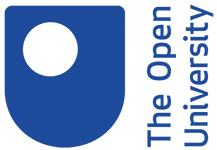Project challenge
In a warming world, climate extremes are expected to become more frequent and intense. In the UK, projections generally suggest increases in rainfall, but with increasing seasonal and inter-annual variability, and increases in evaporation leading to drier summers and lower summer river flows.
Together, these factors imply an increase in drought severity against a backdrop of parallel increases in flood risk, leading to greater impacts on the economy and population. The vulnerability of the UK to drought episodes has been underlined through several major recent drought events (eg 2010-2012; 2017-2019).
The UK’s weather is naturally highly variable and droughts can co-exist with floods, as experienced dramatically in the UK in 2012 and 2019. This presents significant challenges for communicating drought status and risk.
Project summary
The overall aim of the RADAR project was to explore alternative, more relevant and useful approaches for communicating drought risk and status.
One of the common goals of policy-makers and regulators such as Defra, the Environment Agency, Welsh Government and Natural Resource Wales is to increase national and local resilience to hazards. Assessing, preparing for and responding to drought is a key foundation of this and requires:
- Recognition of the complexity of drought processes in socio-ecological systems;
- Recognition of diverse contexts, needs and composition of stakeholder groups at risk;
- Understanding the limitations of current approaches to drought communication; and
- Provision of meaningful communication strategies.
The final RADAR reports have been published on the Defra website.
Our animated film, available in English and Welsh, outlines the challenges around drought risk communication and a proposed solution for a cross-sectoral drought communication platform:


